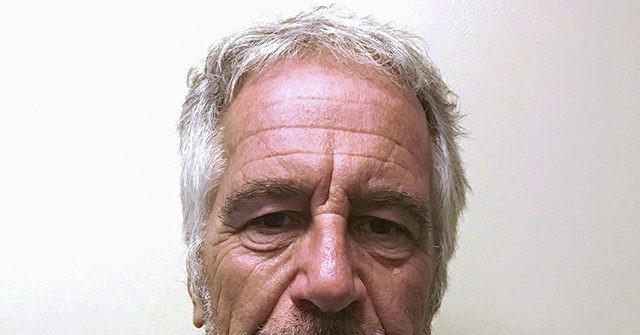In a recent conversation with Tucker Carlson, Elon Musk expressed his belief that significant figures like Bill Gates and Reid Hoffman are profoundly anxious about the potential for a Donald Trump victory in the upcoming 2024 election. Musk highlighted a specific concern: the possibility that the notorious Epstein client list would be made public should Trump win, which he argues is a reason for the support being shown towards Vice President Kamala Harris. Musk contends that many powerful individuals, particularly those with ties to the financial and political elite, see the disclosure of the Epstein list as a threatening scenario that could implicate them in serious wrongdoing.
Musk’s comments suggest that the fear of exposure during a Trump presidency is a driving force behind political alliances and support. When Carlson inquired about Hoffman’s comfort level regarding Trump’s potential victory, Musk asserted that both Hoffman and Gates are indeed “terrified.” He pointed out that Hoffman, a former colleague from his PayPal days, is particularly concerned, not simply out of ideological differences but due to the implications surrounding the Epstein scandal. Musk’s assertion underscores the connection his former business ties have with ongoing political machinations.
During their exchange, Musk humorously proposed the idea of a “matchup” between the powers controlling the political landscape and the names on the Epstein client list, suggesting a significant overlap between the two groups. His remarks about the lack of prosecution for any individuals connected to the Epstein scandal highlight a critical observation: despite the legal system’s capacity to target other offenders, it seems to overlook those associated with Epstein, a situation Musk describes as “insane.” The implication here is one of selective justice, raising questions about accountability for the elite.
Carlson reinforced Musk’s assertions by contrasting the prosecution of individuals involved in the January 6 Capitol riot with the absence of legal action against those on the Epstein client list. Musk agreed, emphasizing the disparity in how justice is applied, suggesting that while hundreds faced severe consequences for their involvement in the protests, none from Epstein’s circles have been held accountable. This dichotomy invites scrutiny into the priorities of law enforcement and legal systems when it comes to high-profile cases.
Musk further elaborated on the darker implications of the Epstein scandal, referencing footage that may have been recorded on Jeffrey Epstein’s properties. He suggested that there could be thousands of hours of video evidence potentially incriminating various influential figures. This notion of extensive video surveillance ties back into the fear that figures like Gates and Hoffman harbor regarding the repercussions of Trump’s return to power, showcasing their anxiety over the potential exposure of illicit activities captured on film.
In summary, Musk’s comments illuminate a complex intersection of power, politics, and potential accountability within elite circles. Through his dialogue with Carlson, he draws attention to the fear of exposure tied to the Epstein client list, hinting at broader implications for political dynamics in the United States. The lack of prosecution for Epstein’s associates compared to those jailed for the January 6 events exemplifies a troubling inconsistency in legal enforcement, prompting a call for greater scrutiny of those in positions of power. As the 2024 election approaches, the underlying tensions Musk describes suggest that the shadow of Epstein may continue to loom over political narratives, influencing both public perception and individual motivations within the upper echelons of society.

